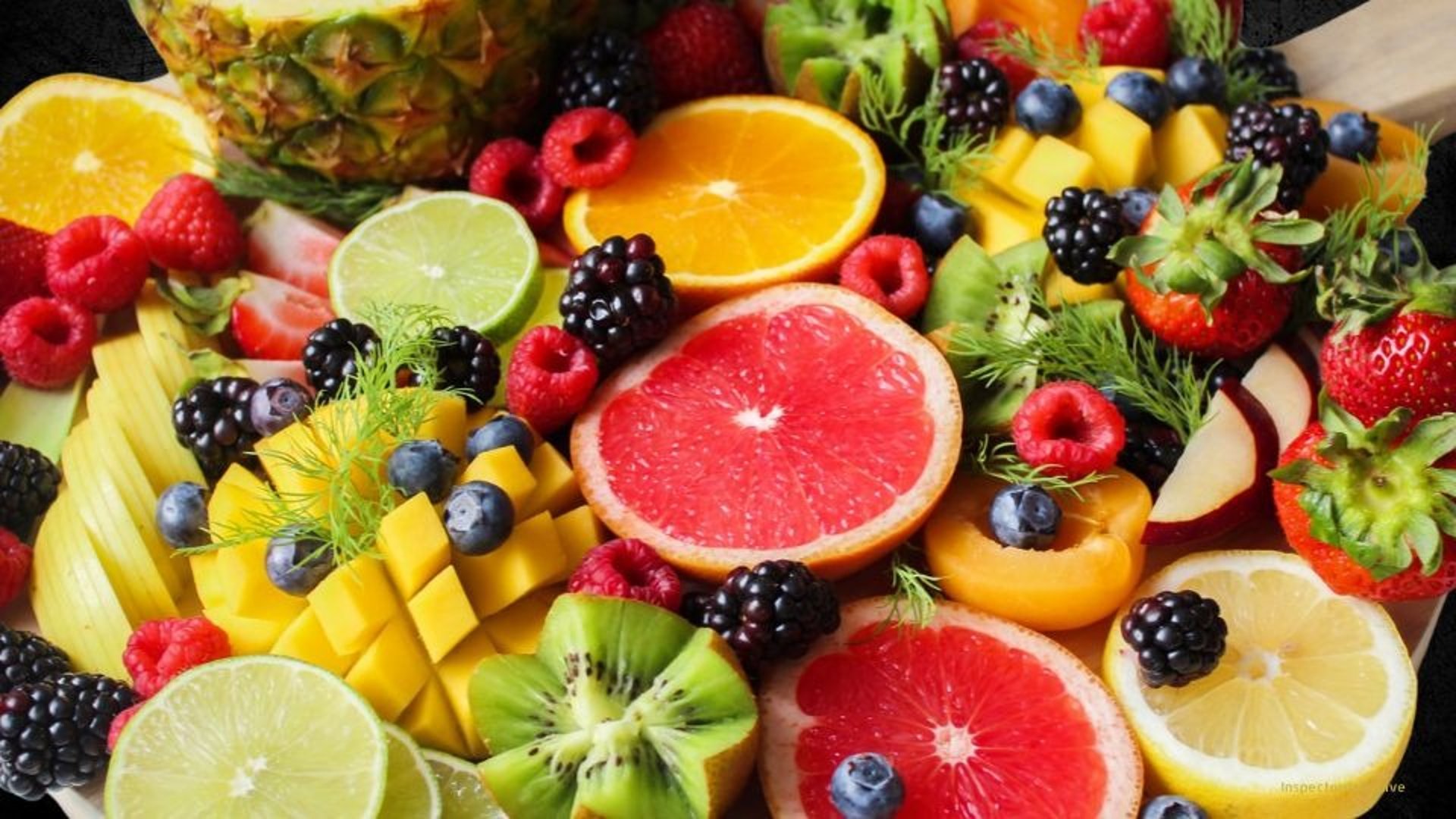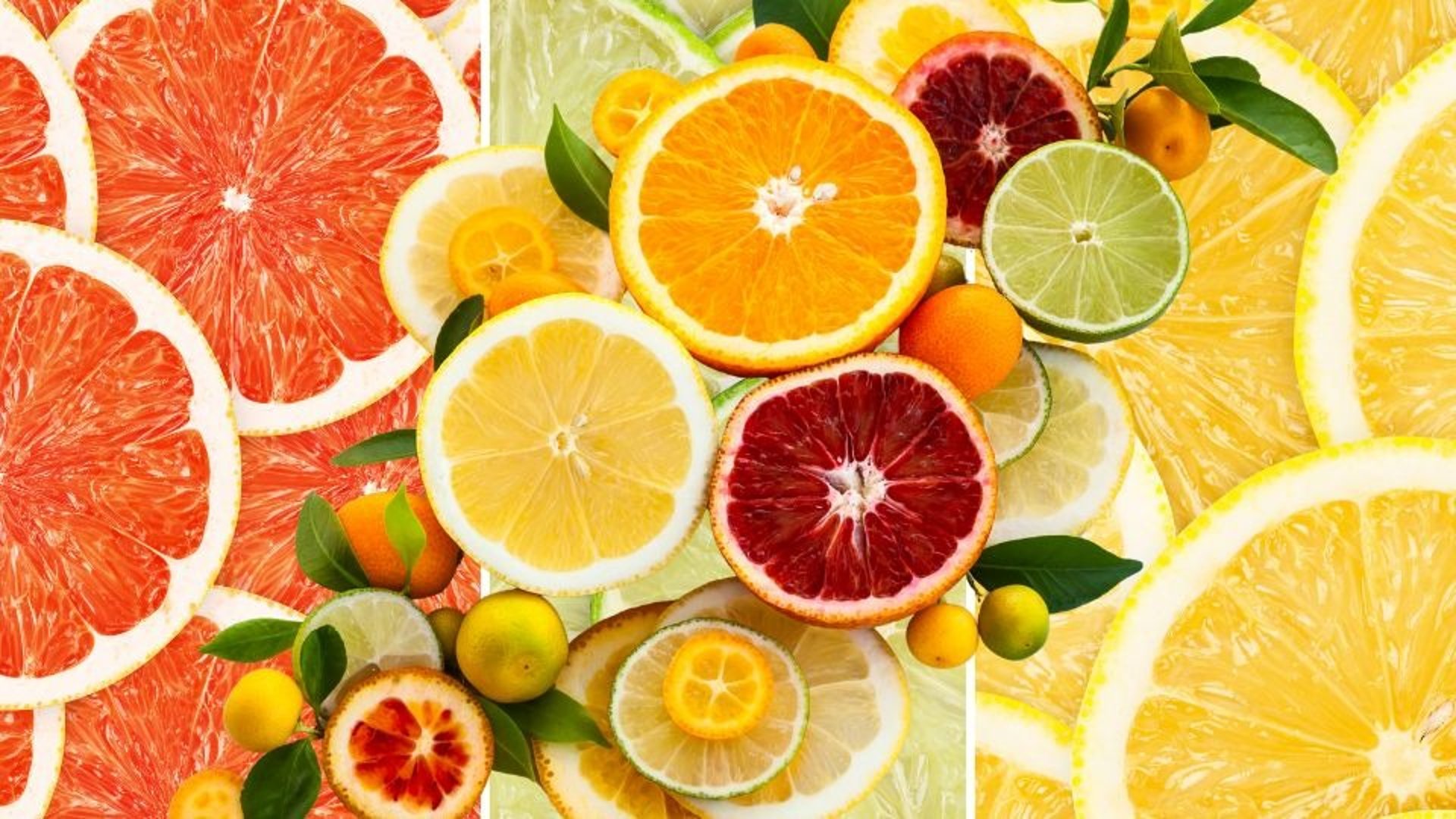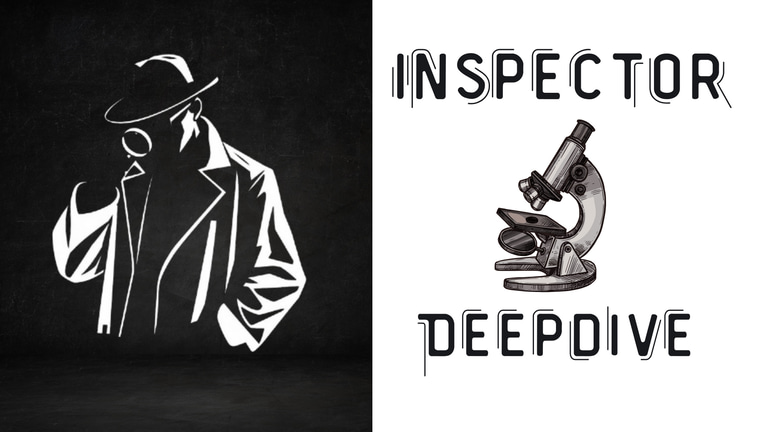
Vitamin C: Energy, Cold Defense and Radiant Skin

Best Food Sources of Vitamin C per 50g Serving
What Is Vitamin C ?
Vitamin C is another really important nutrient, and it's also known as ascorbic acid.
Here's what makes it special and easy to understand:
Water-Soluble: Unlike some other vitamins (like Vitamin A, which is fat-soluble), Vitamin C dissolves in water. This means your body doesn't store extra amounts of it. If you take in more than your body needs, the extra simply leaves your body, usually through urine.
Daily Need: Because your body doesn't store it, you need to get Vitamin C regularly from your diet every single day.
So, what does Vitamin C do for us? It's a bit of a superhero in the body:
Powerful Protector (Antioxidant): It acts like a shield, protecting our cells from damage caused by everyday processes and environmental stress.
Building Block for Skin & More (Collagen Synthesis): It's absolutely essential for making collagen, which is like the "glue" that holds our body together. Collagen is vital for healthy skin, bones, blood vessels, and gums.
Immune System Booster: It helps our immune system work at its best, making us better at fighting off colds and other illnesses.
Helps Absorb Iron: It helps our body soak up iron from the foods we eat, which is important for making healthy red blood cells.
In a nutshell, Vitamin C is a daily must-have nutrient that protects our cells, builds healthy tissues, boosts our immune system, and helps us absorb iron!
What Vitamin C Does for Your Body
Vitamin C helps protect, repair, and maintain many parts of your body so you feel healthier every day.
Immune support: Boosts the activity of white blood cells and helps the immune system respond to infections.
Antioxidant protection: Neutralizes free radicals to prevent cellular damage from stress and pollution.
Collagen production and wound healing: Essential for making collagen, which keeps skin, blood vessels, and tissues strong and helps wounds heal.
Better iron absorption: Helps your body absorb iron from plant foods, lowering the risk of iron-deficiency anemia.
Heart and blood vessel health: Supports the cells that line blood vessels and helps maintain healthy circulation.
Tissue repair and overall resilience: Aids repair of damaged tissues and contributes to long-term cellular health.
In short: Vitamin C protects cells, helps your body repair itself, strengthens immunity, and improves nutrient absorption.
Nutrients That Work Better Together with Vitamin C
Think of Vitamin C as a team player! It's great on its own, but it becomes even more powerful and effective when it teams up with certain other nutrients. Here are some of its best partners:
Bioflavonoids: These are natural plant compounds often found in fruits and vegetables alongside Vitamin C. They help your body absorb Vitamin C better and make its protective (antioxidant) effects last longer. It's like they give Vitamin C an extra boost!
Iron: Vitamin C and iron are a dynamic duo. Vitamin C helps your body soak up more iron from plant-based foods. This is super important because iron helps carry oxygen throughout your body, and getting enough prevents you from feeling tired and weak (anemia).
Vitamin E: These two vitamins are like a tag team for cell protection. When Vitamin E fights off damage, it can get "used up." Vitamin C steps in to recharge Vitamin E, bringing it back to its active form so it can keep protecting your cells.
Zinc: Both Vitamin C and Zinc are champions for your immune system. When they work together, they provide even stronger support to help your body fight off illnesses and stay healthy.
So, getting these nutrients together can make Vitamin C's benefits even greater for your body!
How Vitamin C Is absorbed
Vitamin C is taken up in the small intestine.
At normal dietary amounts the body uses active transport (special gut carriers) to move it into the bloodstream; at very high doses some passes by simple diffusion.
The body does not store much vitamin C, so extra amounts are quickly removed in the urine.
Because of that, you need to eat vitamin C regularly to keep levels steady.
Benefits of Vitamin C
Supports the immune system so you recover faster from infections.
Helps make collagen, keeping skin, gums, blood vessels, bones, and wounds healthy.
Protects cells from damage by acting as an antioxidant.
Helps your body absorb iron from plant foods, lowering the risk of iron deficiency.
Supports blood vessel and heart health and helps tissues repair and stay strong.
Contributes to overall energy and long-term cellular health.
How Vitamin C protects the body
Antioxidant: Neutralizes damaging molecules (free radicals) that can harm cells.
Anti-inflammatory: Helps calm and regulate the body’s inflammatory responses.
Antimicrobial support: Strengthens barriers (like mucus) and helps immune cells fight germs.
In short: eat vitamin C–rich foods (citrus, berries, peppers, tomatoes, leafy greens) regularly because the body needs a steady supply to get these benefits.
Av Daily Requirements of VitaminC
Infants:
0–6 months: 40 mg
7–12 months: 50 mg
Children:
1–3 years: 15 mg
4–8 years: 25 mg
9–13 years: 45 mg
14–18 years: 65 mg
Adults:
Men: 90 mg
Women: 75 mg
Smokers: +35 mg (total 110 mg)
Special Considerations:
Pregnant women: 85 mg
Lactating women: 120 mg
Key Notes on Vitamin C Needs
Who may need more Vitamin C?
Smokers (use up Vitamin C faster)
Athletes or people who exercise intensely
Anyone under chronic physical or emotional stress
People recovering from surgery, injury, or illness
Older adults or people with weakened immune systems
Those who eat very little fresh fruit and vegetables
Why do they need more?
Vitamin C gets used up faster during stress, illness, and heavy exercise.
Smoking and some health conditions increase the body’s demand or speed up loss.
Low Vitamin C slows wound healing, weakens immunity, and harms connective tissues.
Easy ways to get enough Vitamin C
Eat more fruits and veggies rich in Vitamin C: citrus, berries, kiwi, bell peppers, tomatoes, broccoli, and leafy greens.
Include a serving of a Vitamin C–rich food at most meals or as a snack.
Consider a low-dose supplement if your diet is poor or you have higher needs check with a healthcare professional first.
If you smoke or are recovering from illness, aim to increase fresh produce in your diet and discuss supplementation with your clinician.
Watch for signs of low Vitamin C
Tiredness, slow wound healing, easy bruising, gum problems, or frequent infections talk to a healthcare provider if you notice these.
If you want, I can suggest daily food plans or a shopping list with Vitamin C–rich foods.
Specific Functions and Health Benefits: Vitamin C plays a vital role in many physiological processes. It promotes collagen synthesis, essential for skin, joint, and vascular health. It enhances iron absorption, supporting red blood cell formation. It acts as a potent antioxidant, protecting cells from damage. It boosts immunity, shortens cold duration, and supports adrenal function during stress. Long-term, it helps reduce risk factors associated with heart disease and age-related decline.
How Do I Know If I’m Deficient?
Common Signs: You might feel tired, bruise easily, notice cuts taking a long time to heal, get sick often, or have dry skin.
Severe Cases: If it's really bad, it can lead to a serious condition called scurvy, which causes bleeding gums, joint pain, and very weak tissues.
How Long Does It Take to Fix a Deficiency?
Mild Deficiency: Usually, just a few days to two weeks of eating more Vitamin C or taking a supplement can make a big difference. You might feel less tired and get sick less often within a week.
Severe Deficiency: This needs a doctor's help and special treatment for several weeks.
About Vitamin C Supplements
Vitamin C supplements are a common way to ensure you're getting enough of this important nutrient, especially if your diet doesn't always provide enough. Generally, they are safe to use as long as you follow the recommended dosages.
Types of Supplements:
Ascorbic Acid: This is the most common type and is easily absorbed.
Calcium Ascorbate: Gentler on the stomach.
Sodium Ascorbate: Also easy on the stomach and well-absorbed.
Liposomal Vitamin C: This form is designed to be absorbed even better by your body.
Ester-C: A special form that stays in your body longer.
When to Take Supplements:
It's best to take Vitamin C with food to help with absorption and prevent an upset stomach.
Taking smaller doses throughout the day might keep your blood levels more steady.
Who Should Consider Supplements:
Anyone who struggles to eat enough Vitamin C-rich foods.
Smokers: They use up Vitamin C much faster.
Athletes: Intense exercise increases their need.
People under a lot of stress.
Those recovering from illness or surgery.
People who don't have easy access to fresh fruits and vegetables.
Pregnant and breastfeeding women: They have higher needs.
People with ongoing health issues that affect nutrient absorption.
Those who get sick often.
Pros and Cons of Supplements:
Pros (Good Stuff): Boosts your immune system, helps your skin stay healthy, improves iron absorption, and might even make your colds shorter.
Cons (Things to Watch Out For): Very high doses can cause stomach upset (like diarrhea or cramps) and might affect how your body absorbs other minerals. For some people, taking too much for a long time could increase the risk of kidney stones.
How to Choose a Good Supplement:
Look for brands that clearly list all ingredients and have been tested by a third party (meaning an independent lab checked it).
Avoid supplements with artificial sweeteners or unnecessary fillers.
If you have a sensitive stomach or want better absorption, consider liposomal or Ester-C forms.
Daily Dosage Guide:
General Immune Support: 500mg to 1000mg per day.
During Cold Season (for extra defense): 1000mg to 2000mg per day.
For Skin and Collagen: 500mg to 1000mg per day.
Always read the label and talk to a doctor or healthcare provider for advice tailored to you.
Best Time to Take It:
With breakfast or lunch is usually best.
Splitting your dose (e.g., half in the morning, half in the afternoon) can help keep levels steady.
Can You Take Too Much Vitamin C?
Yes: Taking too much, especially from supplements, can cause stomach problems like diarrhea, nausea, and cramps.
Your body gets rid of what it doesn't need, but consistently very high doses (over 2000mg per day for adults) can increase the risk of kidney stones in some people.
Risks of Too Much Vitamin C:
Stomach upset.
Can interfere with how your body absorbs copper.
Rarely, it can contribute to kidney stone formation.
The safe upper limit for adults is 2000mg (2 grams) per day.
What Affects How Your Body Absorbs Vitamin C?
Bad Habits: Smoking and drinking alcohol can reduce absorption.
Health Issues: Ongoing inflammation or gut problems can also affect it.
Stress: Both mental and physical stress (like intense exercise) make your body use up Vitamin C faster.
How Cooking Affects Vitamin C:
Vitamin C is delicate! Heat, light, and long storage times can destroy it.
Boiling or cooking foods for a long time can significantly reduce their Vitamin C content.
Eating fruits and vegetables raw or lightly steamed helps keep the most Vitamin C.
Myths About Vitamin C:
Myth 1: It prevents all colds. Not true! It might make your cold shorter or less severe, but it won't stop you from getting one.
Myth 2: Natural Vitamin C is better than synthetic. Research shows both forms work equally well in your body.
Fun Facts & History:
Vitamin C was crucial for sailors! Before its discovery, they used citrus fruits to prevent scurvy, a terrible disease caused by Vitamin C deficiency, during long voyages.
Today, it's still a cornerstone for a strong immune system and healthy skin.
Environmental Considerations:
Fresh is Best: Organic farming and proper storage help keep Vitamin C levels high in produce.
Local Advantage: Fruits and veggies grown locally often have more Vitamin C because they haven't traveled or been stored as long.
Less Processing: Less processing and eco-friendly packaging also help maintain its goodness.
How to Keep Track of Your Intake:
Apps & Diaries: Use nutrition apps or keep a food diary to log what you eat.
Read Labels: Check food labels for Vitamin C content.
Blood Tests: Sometimes, a doctor might order a blood test to check your levels.
Professional Help: A dietitian or health practitioner can help you figure out your personal needs.
Latest Scientific News (as of 2025):
Cancer Support: New studies are looking into whether high-dose IV Vitamin C could help cancer patients by reducing stress in cancer cells.
Viral Infections: Researchers are also exploring its potential to lessen the severity of viral infections.
Exercise Recovery: It might also help with recovery after intense workouts.
Vitamin C: Energy, Cold Defense and Radiant Skin
Fruits:
Guava: ~79 mg: One of the richest natural sources of vitamin C.
Kiwi: ~64 mg: Tart and nutrient-dense, ideal for boosting immunity.
Strawberries: ~27 mg: Antioxidant-rich berries that enhance immunity and skin health.
Pineapple: ~23 mg: Tropical fruit that supports digestion and immune function.
Mango: ~18 mg: Offers moderate vitamin C alongside beta-carotene and natural sweetness.
Oranges: ~16 mg: Well-known for their refreshing taste and immune-boosting power.
Lemons: ~12 mg: Support detoxification and provide mild immune-enhancing effects.
Vegetables:
Bell Peppers (red, raw): ~60 mg: Surprisingly high in vitamin C, especially when eaten raw.
Kale: ~40 mg: Leafy green packed with antioxidants and immune-supporting compounds.
Broccoli: ~35 mg: Delivers fiber and cancer-fighting compounds alongside vitamin C.
Brussels Sprouts: ~30 mg: Nutrient-dense cruciferous vegetable with immune benefits.
Cantaloupe Melon: ~16 mg: Mild, refreshing fruit with moderate vitamin C and hydration benefits.
Cabbage: ~19 mg: Mild source with added digestive and detoxifying properties.
Spinach: ~11 mg: Contains vitamin C along with iron and folate for blood health.
There are some additional foods that contain smaller amounts of vitamin C. These include bananas, carrots, tomatoes, and citrus segments. While they contribute less per serving, they still support overall intake when eaten regularly.
info@inspectordeepdive.com
© 2025 food.InspectorDeepDive.com. All rights reserved. Content may not be copied or republished without permission.
This article is for informational purposes only. InspectorDeepDive.com does not provide medical advice. Always consult a licensed healthcare provider before making dietary or health decisions.
